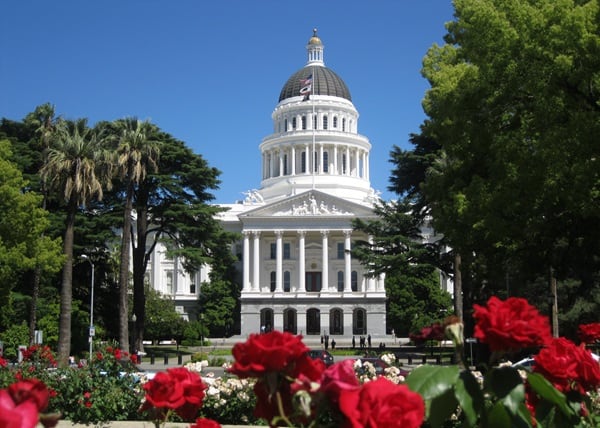“Grace transforms our failings full of dread into abundant, endless comfort … our failings full of shame into a noble, glorious rising … our dying full of sorrow into holy, blissful life. …. Just as our contrariness here on earth brings us pain, shame and sorrow, so grace brings us surpassing comfort, glory, and bliss in heaven … And that shall be a property of blessed love, that we shall know in God, which we might never have known without first experiencing woe.” – Julian of Norwich
Easter by itself is no big deal.
By itself, the Easter proclamation of “Christ is Risen!” only means that “God is alive!” And while that is a significant article of faith, it begs the question, “What does that mean for us?”
The empty tomb is only amazing…. the empty tomb is only scandalous… the empty tomb is only life transforming if we remember what was put into it: The dead, tortured body of God incarnate.
Julian of Norwich wrote the words at the top of this page in the midst of deep agony, believing she was near death. And in the midst of that pain she found Jesus. She found grace. She found joy. She found life.
That’s Easter.
Easter by itself is no big deal. But Easter in the context of Maundy Thursday and Good Friday. Easter in the context of God in human form washing the disciples’ feet, being betrayed by the closest of friends, being dragged before the scariest of authorities, being stripped naked and beaten, having crowds call for her torture and death and being executed by the state in front of a jeering crowd with almost everyone who had said they loved him in hiding. Easter in that context means everything.
Easter in that context means what Julian discovered in her revelations of divine love. That God meets us in the midst of the worst pieces of us, our worst moments, our lowest lows, our deepest griefs and sorrows. God meets us there in the depths of death itself.
And God stays there. Refusing to leave us alone.
God stays there. And then God transforms. And God brings life.
“And that shall be a property of blessed love, that we shall know in God, which we might never have known without first experiencing woe.”
If all we do is show up to church on Easter Sunday, we’ll hear beautiful music, and smell gorgeous flowers, and be a part of a wonderful party … and maybe hear a decent sermon. But in the grand scheme of things, it will be no big deal.
But if we walk with Jesus and one another – and let Jesus and one another walk with us – through Holy Week. If we let Jesus and one another into those places of failings and dread, sorrow and death. If we wash one another’s feet, and collapse in shame with Peter as the cock crows, and despair with Jesus in Gethsemane, and cry with Mary Magdalene at the foot of the cross. If we can hold hands and together do those things … let the drama of the passion meet the drama of our lives … then Easter shall be that “grace (that) brings us surpassing comfort, glory, and bliss.”
If we walk with Jesus and one another on the way of the cross that leads to the empty tomb. If we are honest about our woe, that blessed love that we shall know in God will live in us.
And Easter will not just be a day … or even a season. If we can do this, not just this Holy Week and Easter, but every day. Laying open our wounds and inviting God’s love. If we can do that, than Easter will not just be a day or a season but who we are. We will be an Easter people. An Easter people who go into the depths of the deepest pain the world has to offer and lets God’s love shine through us.
An Easter people who will be a transformed people.
An Easter people that God will use to transform the world.
Alleluia.
Mike Kinman is the Rector of All Saints Church, Pasadena.
Information on Holy Week and Easter services at All Saints can be found here.



